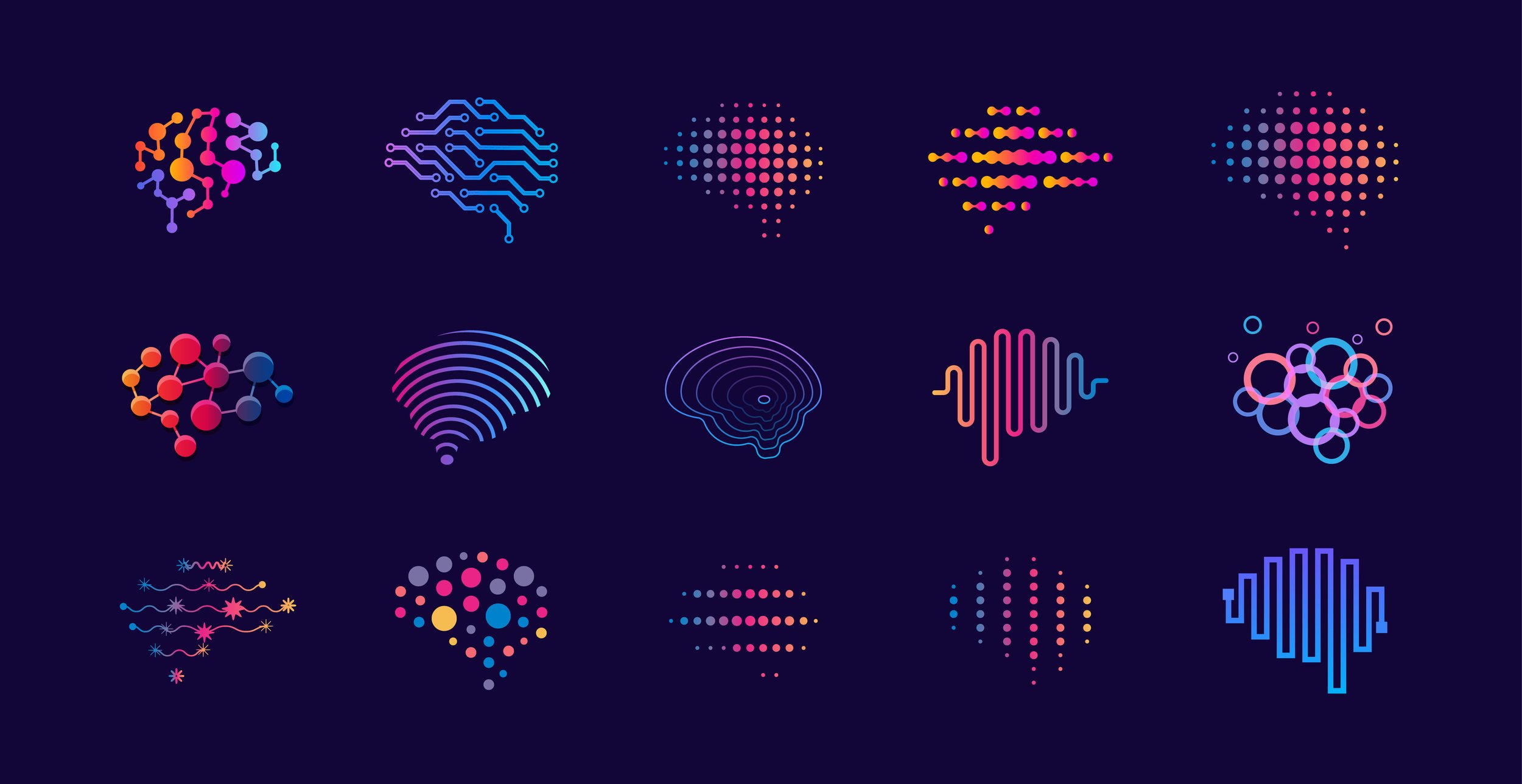Cognition and Mental Health
Cognition refers to the set of mental processes that help us navigate the world around us. In our lab we study as set of mental processes known as higher order cognition. They include processes such as working memory and mental flexibility.
When individuals are at risk for developing depression and anxiety disorders or if they are currently in experiencing mental health problems, these processes can be impaired. We are interested how these cognitive changes related to mental health.
Across a range of studies including work by PhD candidate Savannah Minihan, we have shown that working memory and flexibility are associated with symptoms of depression and a history of mental health problems in young people. Importantly, these differences between psychologically healthy individuals and those who experience mental health problems are specific to processing emotional material in cognition. This can be “endogenous” material, that means information that is inside a person, such as thoughts and memories or “exogenous” material that is information that is external to a person such as a loud noise or criticism from another person.
We have also developed interventions targeting cognitive functioning in affective contexts, which we have shown improves emotion regulation and a wide range of transdiagnostic mental health symptoms.


